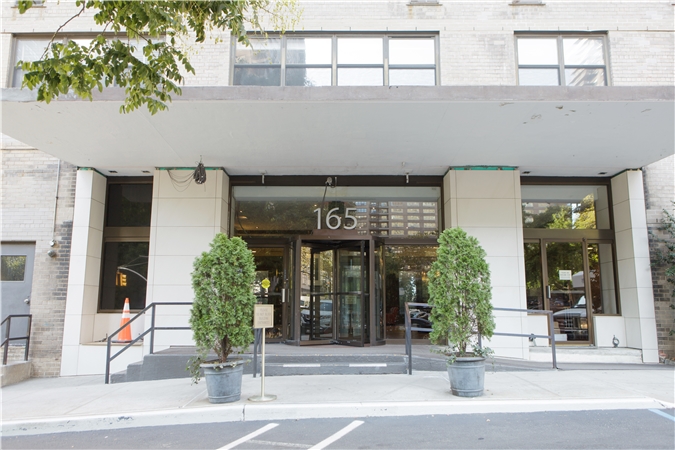Psychotherapy in New York
Dr. Grace P. Conroy is an experienced psychotherapist, psychoanalyst, and author.
For over 20 years, she has been running a private psychotherapy practice in New York, working with adolescents, adults, and the elderly.

Psychotherapy
Anxiety disorders
Experiencing constant anxiety and fear that hinder everyday functioning.
Depression, mood disorders
Experiencing deep sadness or mood swings that impact life.
Obsessive-compulsive (OCD)
Recurring thoughts or actions that are intense and difficult to control.
Eating disorders
Improper eating habits and body perception, bulimia, anorexia.
Addictive behaviors
Sexual behaviors taking the form of an addiction, limiting the ability to lead a normal life.
Migration trauma
Immigration trauma, cultural adjustment, intercultural identity conflicts.
Dr. Grace P. Conroy
My approach is highly personalized and individualized to my clients’ unique needs. I encourage them to say whatever comes to mind as I focus on their communication in an effort to understand the deeper underlying causes of their psychological problems.
My concentration is on helping my clients through the self reflective process to experience symptom relief, acquire better self understanding, and experience changes in their lives so they can move forward in the ways that would give them greater satisfaction, creative fulfillment of their capacities, and the ability to advance in the world.

Client testimonials
Welcoming, helpful, healing. Dr. Conroy is exceptional
Grace is very attentive and a great listener
Dr. Conroy's office is a comfortable, inviting space.
Dr. Conroy is both professional and personable. Great therapist.
Easier to talk to than any other therapist I've seen over the years.
Comfortable, easy atmosphere to talk
I almost always leave feeling better than when I arrived.
Office


